The following are excerpts from a NY Times article regarding the remaining Jews in Baghdad:
“I have no future here to stay.”
Written in broken English but with perfect clarity, the message is a stark and plaintive assessment from one of the last Jews of Babylon.
The community of Jews in Baghdad is now all but vanished in a land where their heritage recedes back to Abraham of Ur, to Jonah’s prophesying to Nineveh, and to Nebuchadnezzar’s sending Jews into exile here more than 2,500 years ago.
Just over half a century ago, Iraq’s Jews numbered more than 130,000. But now, in the city that was once the community’s heart, they cannot muster even a minyan, the 10 Jewish men required to perform some of the most important rituals of their faith. They are scared even to publicize their exact number, which was recently estimated at seven by the Jewish Agency for Israel, and at eight by one Christian cleric. That is not enough to read the Torah in public, if there were anywhere in public they would dare to read it, and too few to recite a proper Kaddish for the dead.
Among those who remain is a former car salesman who describes himself as the “rabbi, slaughterer and one of the leaders of the Jewish community in Iraq.”
Although many of his Muslim friends and immediate neighbors know he is Jewish (“I’m proud, I’m Jewish, not ashamed. I’m not hiding,” he wrote at one point.), he was wary of being named because it could draw more dangerous attention to him or his friends. To protect him, he is referred to as Saleh’s grandson, because his or his father’s name would be too easily recognizable here. Interviews with him were conducted by correspondence over the course of several months.
He lamented that Jews in Baghdad had had no meeting place since the Meir Tweig synagogue, the last in the city, was closed in 2003, after it became too dangerous to gather openly.
“I do my prayer in my house because we closed the synagogue from the war until now. If we open it, it will be a target,” he wrote, adding later: “I have no future here, I can’t marry, there is no girl. I can’t put my kova on my head out of the house. If I’m out of Iraq, I’ll share with people in all our feasts and do my prayer in the synagogue and will be with my family.”
Now in his early 40s, he exists as anonymously and discreetly as he can. He cannot reliably hide his religion: it is stamped on his official identity card, which he must present at any security checkpoint. So he stays mainly in his own neighborhood, protected by Muslim neighbors who have been family friends for decades.
He is a very cautious man. After contact with him was first established through an intermediary, and his identity was confirmed by his family abroad, he consented to speak directly for only a few moments over the telephone. Even that was just to propose a safer way to correspond, under a version of his name different from the one that other Iraqis know.
His fears are all too real in a city where bodies are still found dumped in the street almost daily, despite a fall in the overall death toll.
Christians, a far larger group, have fled Iraq by the thousands, and even Sunni and Shiite Muslims, who live among millions of their fellows, remain fearful of religious and sectarian fanatics.
Jews were once a wealthy and politically active part of the spectrum of Iraq. In a fading red volume of the Iraq Directory of 1936, the “Israelite community,” then numbering about 120,000, is listed along with Arabs, Kurds, Turkmen, Muslims, Christians, Yazidis and Sabeans. Rescued from a Baghdad library, this book lists Hebrew among the six languages of Iraq and describes a country in which “the mosque stands beside the church and the synagogue.”
Most traces of Jews are now gone beside the Prat and the Hidekel rivers, the Hebrew names for the Euphrates and Tigris. Baghdad’s Jewish quarter, in Taht al-Takia, is no more. And about 80 miles south of Baghdad lies the Hebrew-inscribed tomb of the Prophet Ezekiel, “son of Buzi.” During a visit there on Saturday, dozens of Muslim pilgrims filed through the well-tended shrine, its interior blackened by centuries of lamp smoke, to honor Ezekiel as a respected prophet.
Among these fragments of their civilization live the moribund huddle of holdouts.
Saleh’s grandson is now alone. His mother died two decades ago, his older brother left in 1991, and his father, now 87, was among the last handful of Jews taken from Iraq by the Jewish Agency after 2003, reducing the current community to single figures.
Most of his other relatives departed in 1951, among more than 100,000 Jews who fled Iraq between 1949 and 1952, in the years after the state of Israel was created. Their exodus was code named “Operation Ezra and Nehemiah,” after the Jewish leaders who took their people back to Jerusalem from exile in Babylon beginning in 597 B.C.
Some of the remaining handful of Iraqi Jews are middle class, including two doctors. Others, including Saleh’s grandson, are poor and unemployed, dependent on handouts.
“We see each other if there is something necessary, like a death, or to discuss some important things, or if someone needs help,” he wrote. “We take care about the people in the Jewish community only, not the half or part-Jewish. We don’t know about them after they left us.”
Some Jews say they are too old to leave. Some do not want to leave their friends behind.
The few remaining Jews ignore the entreaties of worried relatives and friends abroad and await an unlikely renaissance, demographic extinction or a more sudden end.
Concern for their safety rose two years ago when one of them, a middle-aged man, was kidnapped. They have no idea whether he was taken because he was Jewish, wealthy, or whether the abduction was random.
“We don’t know anything about him, and don’t know the reason,” Saleh’s grandson said.
Click HERE to read the complete article on the NY Times website.

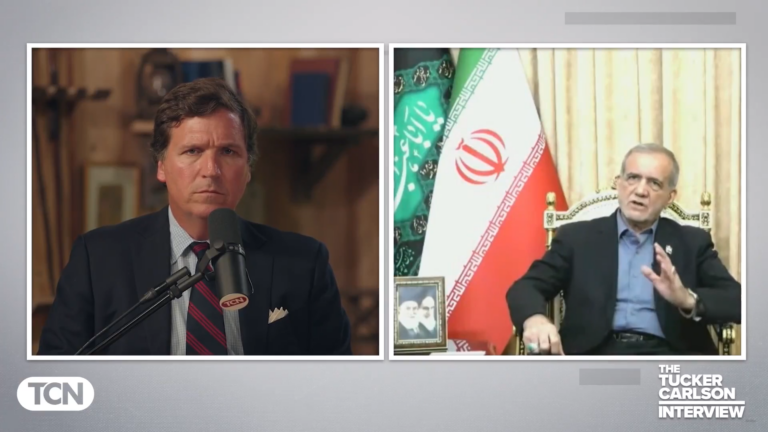


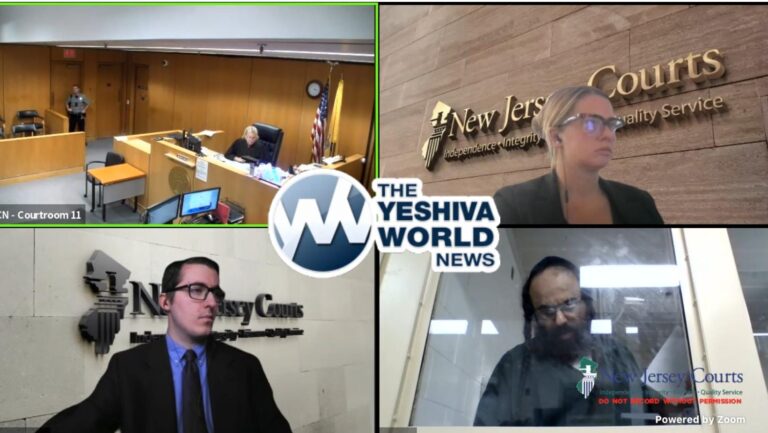

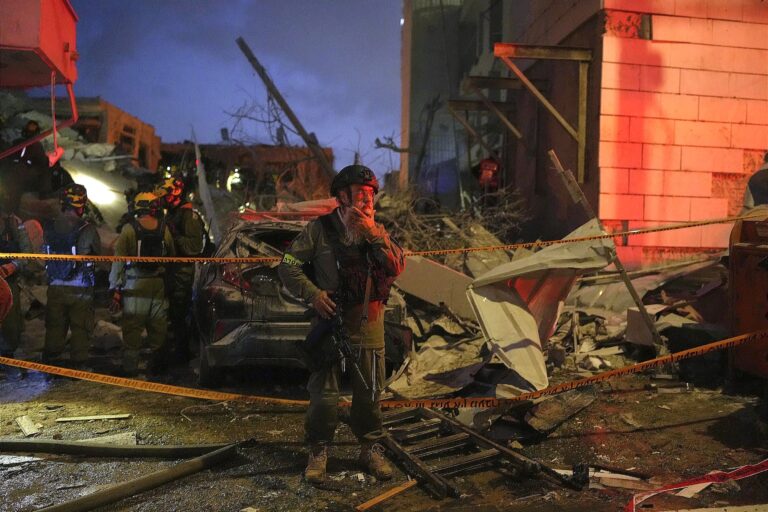
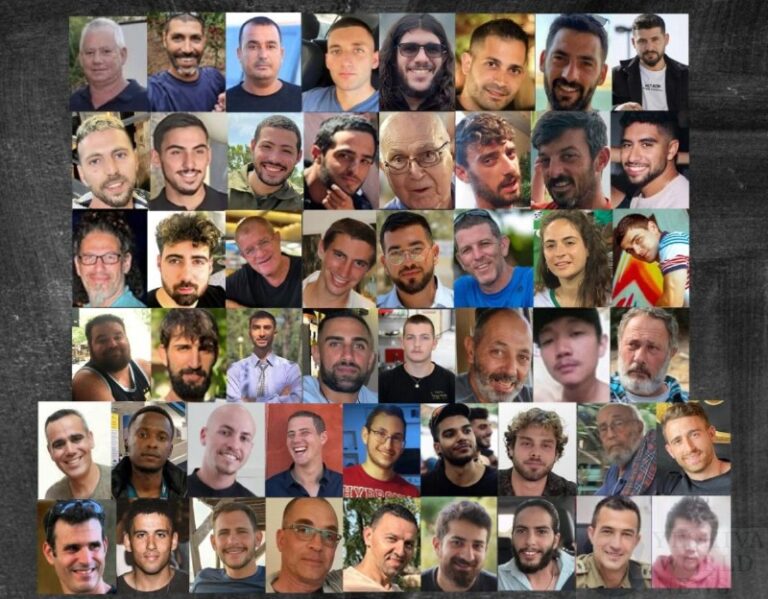

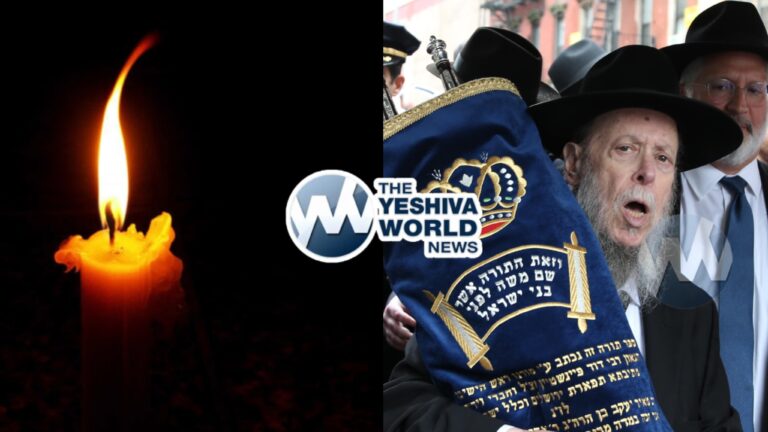

3 Responses
Thank you for a very informative article. Let’s think of them when we daven “אחינו כל בית ישראל”
May Hashem protect the few remaining yidden.
we should try to get them out of there..it’s not like they’re being held prisoner – maybe ask a frum chaplain to make an appeal on their behalf?